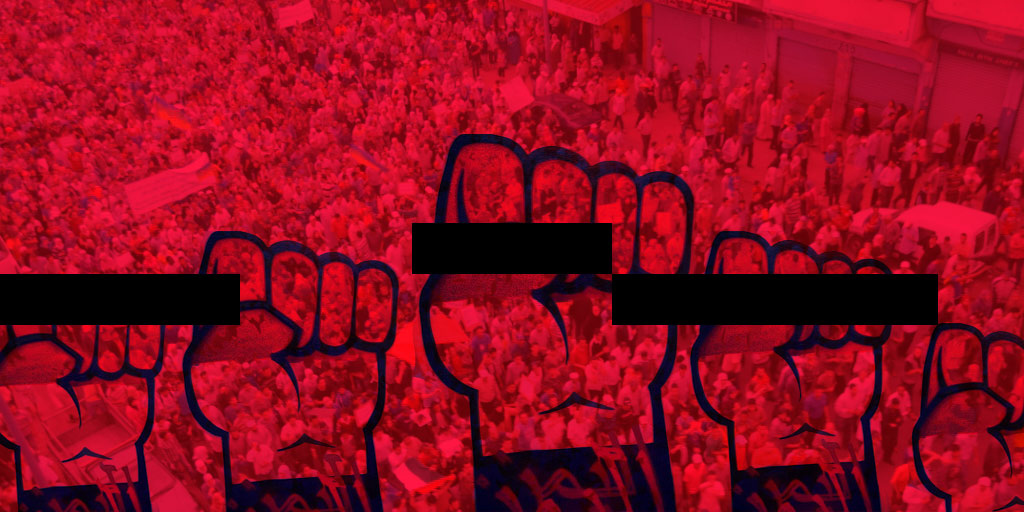Today, December 17, marks the ten year anniversary of the Arab Spring. It’s been a decade since thousands of people took to the streets in mass uprisings across the Middle East and North Africa, demanding political change and social justice. Yet many still face the same challenges — online oppression through social media giants, with real-life consequences.
Governments from Palestine to Syria, Egypt to Sudan, are continuing to choose authoritarianism, and platforms including Facebook, Twitter, and YouTube are contributing to their repression by making deals with oppressive heads of state; opening doors to dictators; and censoring key activists, journalists, and other changemakers throughout the Middle East and North Africa, sometimes at the behest of other governments.
Access Now and 42 human rights organizations, journalists and activists from across the globe are voicing frustration and dismay at how platform policies and content moderation procedures often lead to the silencing and erasure of critical voices from marginalized and oppressed communities across the Middle East and North Africa.
“We’ve had a decade-long fight for change. People marched, people resisted, and people died to create a path for equality and justice. Yet today, it’s social media — platforms meant for open discourse and the exchange of ideas — that are silencing the voices of revolutionaries in the Middle East and North Africa,” said Marwa Fatafta, MENA Policy Manager at Access Now.
The coalition urges Facebook, Twitter, and YouTube to not be complicit in censorship and erasure of oppressed communities’ narratives and histories, and ask they implement the following measures:
- Do not engage in arbitrary or unfair discrimination. Actively engage with local users, activists, human rights experts, academics, and civil society from the MENA region to review grievances.
- Invest in the necessary local and regional expertise to develop and implement context-based content moderation decisions aligned with human rights frameworks in the MENA region. A bare minimum would be to hire content moderators who understand the various and diverse dialects and spoken Arabic in the twenty-two Arab states.
- Pay special attention to cases arising from war and conflict zones to ensure content moderation decisions do not unfairly target marginalized communities.
- Preserve restricted content related to cases arising from war and conflict zones that Facebook makes unavailable, as it could serve as evidence for victims and organizations seeking to hold perpetrators accountable. Ensure that such content is made available to international and national judicial authorities without undue delay.
- Public apologies for technical errors are not sufficient when erroneous content moderation decisions are not changed. Companies must provide greater transparency, notice, and offer meaningful and timely appeals for users.
